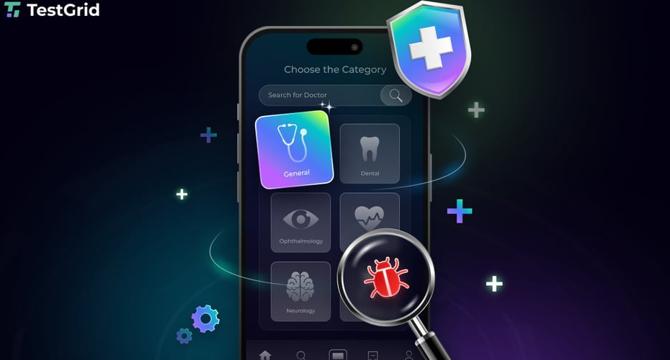Dev
1M
122

Image Credit: Dev
Healthcare Application Testing: A Step-by-Step Guide for QA Teams
- Healthcare application testing requires stringent adherence to industry-specific standards like GDPR, HIPAA, and FDA, with a focus on protecting Patient Health Information (PHI) and ensuring system performance in critical medical environments.
- Key focus areas include validating communication between hospital systems, medical devices, and third-party APIs for seamless interoperability.
- Strategies for healthcare application testing in 2025 encompass functional testing, globalization testing for global audiences, and UI/UX testing to cater to diverse users' needs.
- Data security and compliance testing are crucial to safeguard PHI, while automation aids in regression testing but human oversight is necessary for complex medical decision-making.
- Challenges include data migration from legacy systems, validating AI and ML models for accuracy, and ensuring ethical data handling and consent management.
- Real-world environmental testing is essential to simulate diverse healthcare scenarios and ensure app performance in critical conditions, such as network interruptions.
- Best practices involve risk-based testing, using realistic anonymized test data, simulating life-and-death scenarios, and maintaining traceability matrices for complete coverage of requirements and regulations.
- AI and healthcare software testing tools can enhance workflow optimization, support better patient care decisions, and improve overall healthcare system efficiency.
Read Full Article
7 Likes
For uninterrupted reading, download the app